Economic Transformation Bill sets frame work to prevent economic crisis
Th Economic Transformation Bill sets in place a common minimum macroeconomic framework that is required to ensure the country does not fall back into a state of economic crisis, Finance Ministry Secretary Mahinda Siriwardena said.
The following is the views of Mr Siriwardena regarding the Economic Transformation Bill;
Sri Lanka has had a long history of incomplete economic stabilisation programmes. The country’s macroeconomic framework that has historically been characterised by persistent budget deficits and deficits in the current account of the balance of payments. This twin deficit leads to frequent balance of payments crises, reserve depletion, and bouts of inflation.
As the crisis sets in Sri Lanka has often sought the support of the International Monetary Fund (IMF), following which macroeconomic stabilisation measures are introduced. However, as soon as a degree of stabilisation sets in, Sri Lanka has a tendency to revert to past habits of fiscal excess, accommodated by monetary policy. Such stop-go policy cycles are not uncommon in countries where a 5 year political cycle tends to dominate economic imperatives. There is always a temptation for the political leadership to promise more relief than competing political players. Countries with a weak institutional framework are all the more vulnerable to such cycles.
Sri Lanka has been able to get away with policy fluctuations of this nature over a long period of time. Until 2006 Sri Lanka had access to low cost external concessional financing to finance internal and external deficits. Since then Sri Lanka was able to raise 10 year maturity funds in international bond markets, which only commenced substantial maturities in 2019. This was during a time of extremely liquid global capital markets where funds were flowing into emerging and frontier markets seeking yield.
These favourable conditions have dramatically changed. Sri Lanka no longer has access to international capital markets. The country also lacks access to substantial concessional financing since it is a middle income nation. Global financing conditions have tightened considerably countries like Kenya raising bonds at yields over 10% in early 2024. These external factors along with the loss of access to concessional financing due to weak credit ratings has led to budget deficits having to be almost fully financed by domestic debt – putting pressure on interest rates and crowding out productive private investment. In the lead up to the economic crisis Sri Lanka ran out of all of its fiscal and external reserve buffers as debt to GDP increased to 128% and usable forex reserves declined to near zero levels in 2022.
Considering the above, it is clear that Sri Lanka no longer has to luxury of returning to past habits now that a degree of stabilisation has been re-established. There is no scope for additional external borrowing to fill in deficits and the inflationary risks of monetary financing have been clearly demonstrated in 2022. Given Sri Lanka’s recent experience, it is highly unlikely that the international community will once again be willing to rescue Sri Lanka if it falls into another crisis due to failure to maintain a sustainable macroeconomic path.
Sri Lanka has been to the IMF 16 times in the past. This is because every time a programme ends, the country reverts to bad practices in the absence of an external anchor of discipline. For this 17th programme to be the last programme, it is necessary for the country to continually behave as if there is such an anchor of discipline. The mechanism for such an anchor is effective legislation. Countries that have successfully emerged from crises are those which have adhered to a broad consensus of basic macroeconomic objectives such as fiscal discipline, monetary prudence, and economic competitiveness. India post 1991 and the East Asian Tigers post 1997 are good examples of this. Such a framework allows different governments with different political or economic ideology to go about achieving those fundamental objectives in different ways, but the objectives themselves remain a common goal.
The Economic Transformation Bill endeavours to serve a similar purpose. The macroeconomic objectives and targets set out in the bill establish a common minimum framework including fiscal discipline, export orientation, debt sustainability, and labour market competitiveness. Each of these objectives could see broad agreement across the political spectrum though different groups may seek to achieve those objectives through different means. The legislation provides flexibility to the executive such that a shortfall in target is tolerated as long as the executive explains to the legislature the measures being put in place to return to the required path. The key is the continuous pursuit of the objectives that are commonly agreed across all groups. Sri Lanka has lacked a macroeconomic anchor which has resulted in constant deviations and cycles, which can no longer be afforded by the country.
It is also well understood that legislation alone is not sufficient to drive meaningful change. The weak outcomes of the Fiscal Management Responsibility Act of 2002 is a testament to this. Institutions also matter. That is why the government is strengthening institutions such as the Central Bank, establishing new institutions such as the Debt Management Authority, and the Parliamentary Budget Office, which can support the implementation of durable economic stabilisation. Going forward, the economy also requires the establishment and strengthening the institutions that can drive sustainable economic recovery and growth.
Successive governments have failed to drive growth through building economic competitiveness. As a result, growth has required stimulus through fiscal expansion and monetary loosening, which contribute to these dangerous macroeconomic cycles. Sustainable economic growth is only achieved through continuous improvement in productivity, which is necessarily driven by competition and competitiveness. Sri Lanka became an increasingly inward economy as the country built up tariffs, allowing exports and trade as a share of GDP to decline dramatically over the last 3 decades and competition to decline. Inward investment has been limited, and particularly low in efficiency seeking sectors such as export oriented investments in manufacturing, services, and agriculture. Rising external liabilities were combined with declining non-debt creating inflows, making it a matter of time before the economy collapsed.
The other component of the Economic Transformation Bill is the establishment of institutions that create the enabling environment for a competitive, outward oriented economy where growth is driven by non-debt creating inflows including exports of goods, exports of services, and foreign direct investment. FDI inflows to the economy have been weak, and therefore it is necessary to review and revamp the institutional framework that promotes and manages investment into the economy. The new Economic Commission established through the Economic Transformation Bill sets the institutional and legislative framework for this.
The Office for International Trade established by the Economic Transformation Bill creates the institutional framework to enable Sri Lanka to effectively negotiate complex trade agreements with strategic partners. Trade agreements of this nature are essential for countries like Sri Lanka to effectively participate in global and regional value chains that drive trade in the modern global context. Sri Lanka’s isolation from these value chains is a key reason for the lack of growth in the countries trade and exports. In parallel to developing export markets through trade agreements, it is necessary to build domestic competitiveness and productivity to enhance supply capacity and to withstand greater exposure to global competition. The Productivity Commission is established by the Economic Transformation Bill in order to serve this purpose of supporting the productivity and competitiveness of domestic firms as they compete with the rest of the world.
In sum, the Economic Transformation Bill sets in place a common minimum macroeconomic framework that is required to ensure the country does not fall back into a state of economic crisis. Future governments can choose whichever mechanism it intends to achieve those targets, but the targets should be commonly agreed by all. The Bill also puts in place the institutional framework that enables the economy to shift into a different gear of competitiveness that enables the country to drive productivity and compete on the global stage. Whilst legislation alone is not enough to achieve success, Sri Lanka’s past experience has shown the disastrous outcomes of going forward without a legislative anchor of discipline, and the institutional framework to support it.
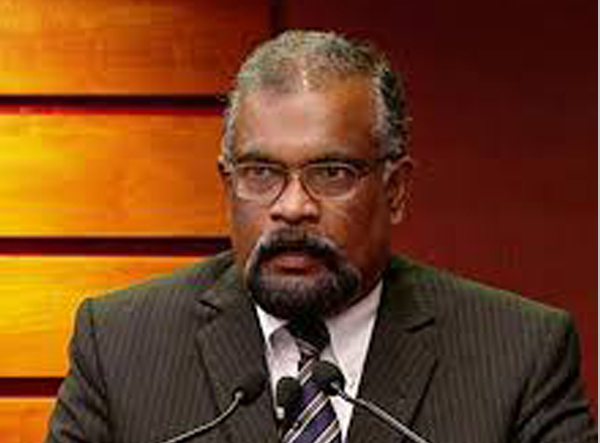
-
Still No Comments Posted.





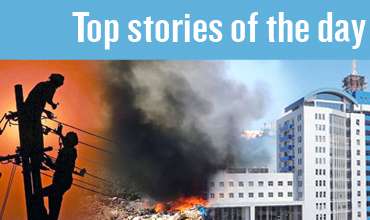
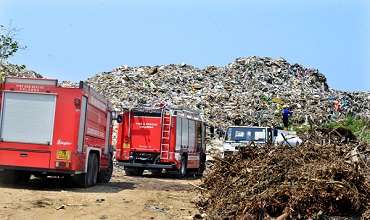
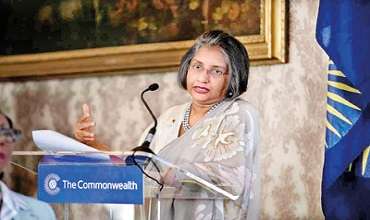



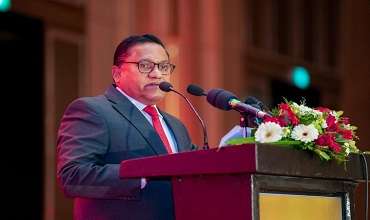
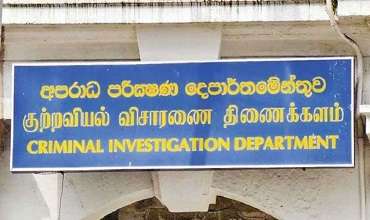
Leave Comments